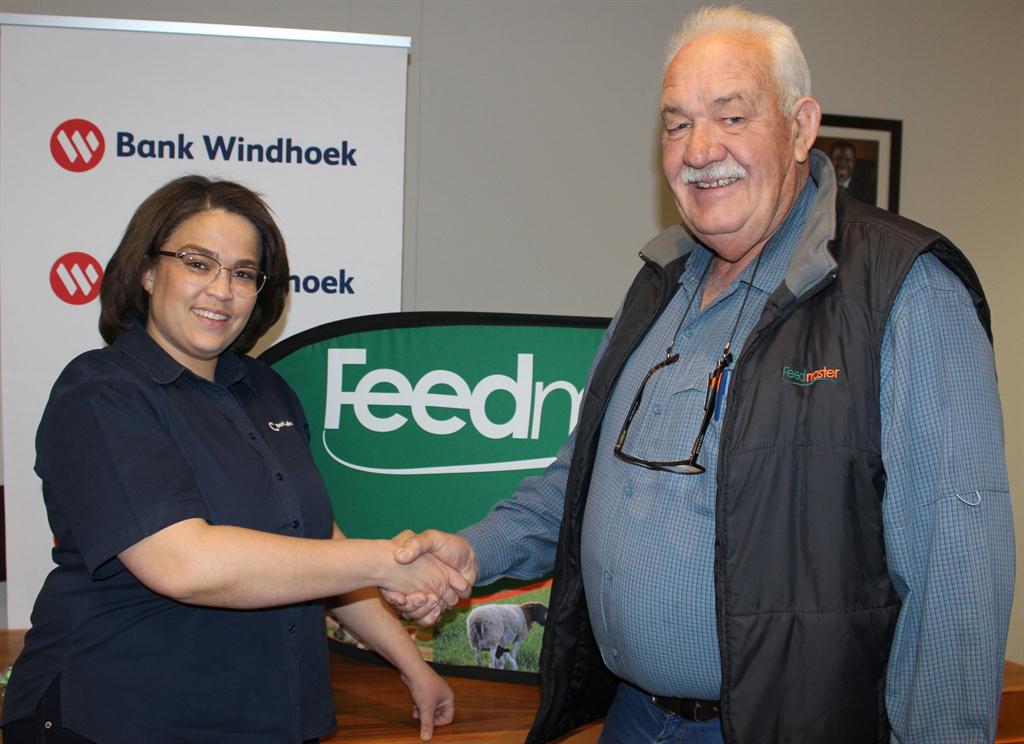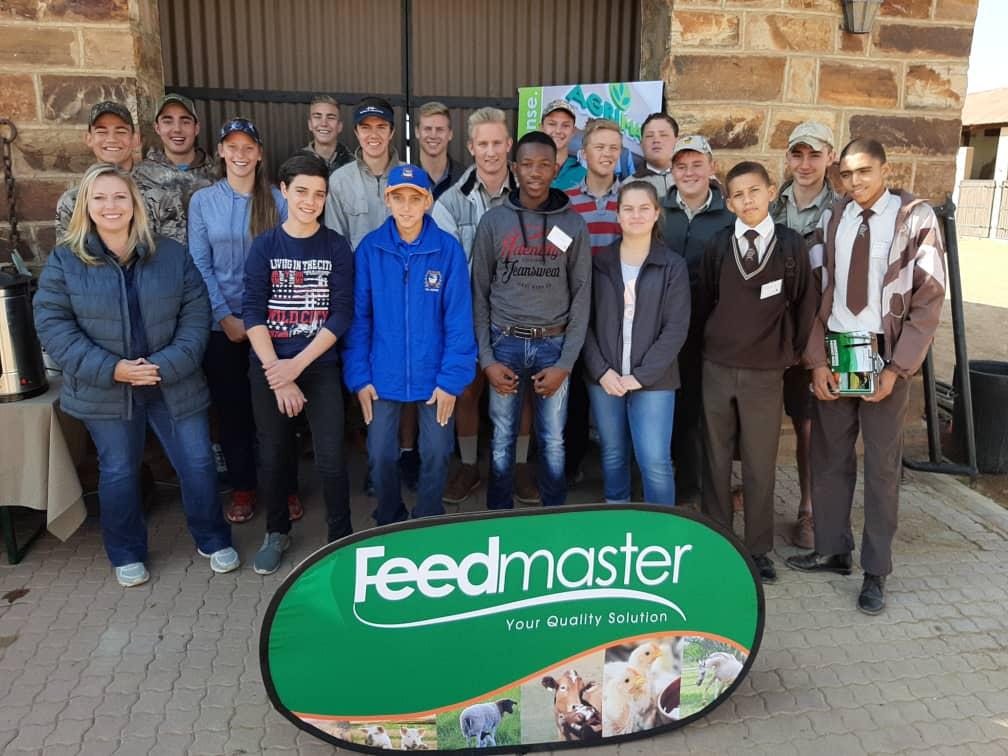Herding in the right direction
Learners from various schools in Namibia are taking part in a cattle-judging course and competition.
EVANY VAN WYKMisconceptions about working in agriculture have brought down the number of young people opting for a career in this industry, but luckily a solution has presented itself in the form of Feedmaster and Bank Windhoek.
Bank Windhoek and Feedmaster have teamed up to offer a nationwide youth cattle-judging course and competition. This is the first time the competition is being held on local soil and it aims to equip school learners between grades 9 and 11 with the necessary knowledge and skills of assessment to judge cattle at farms and shows.
The initiative focuses mainly on the Simbra and Simmentaler cattle breeds.
“There is overwhelming interest in the programme thus far,” says André le Roux, Bank Windhoek public relations and risk manager. According to him the feedback received is that the learners are keen to learn more about cattle farming and to see what careers the field can offer.
The programme is facilitated by Feedmaster, Namibia's leading farm animal feed producer, and commenced in July. The third round took place on Saturday, 3 August 2019 while the fourth round will take place on Saturday, 7 September 2019 at Otjiwarongo. The judging course covers the breeds’ basic anatomy and composition, rules of show associations, the role of the show stewards, feed management of show animals and the preparation and taming of animals for show purposes. Effectively evaluating breeding stock is highly important in the farming sector.
“About 80 participants will take part in the judging programme. From this group, successful candidates from participating regions will advance to the national finals, which will take place at the Windhoek Agricultural and Industrial Show in Windhoek. We are very thankful towards Bank Windhoek for making this possible for Namibia,” says Feedmaster’s corporate brand specialist, Dawid Krause.
He says Feedmaster believes the youth are the future and that children who are more exposed to agriculture will have the privilege of understanding it better.
“Agriculture remains one of the largest financial contributors to Namibia's economy. Therefore, it is one of the sectors where young people can create their own prosperity and generate their income,” says Krause.
According to him the most valuable lesson the participants in the competition has learned so far is to have the confidence to speak their mind in an orderly manner.
The selection process involves participating schools enrolling boys or girls who attend an introductory course in their respective regions.
"To be successful, a trainee judge needs to know and understand the anatomy of each particular breed and should be able to apply that knowledge in their assessment," says Krause.
Nationwide, 16 schools will participate in the Bank Windhoek Youth Cattle Judging Course and Competition. The participating schools are from Stampriet, Gobabis, Tsumeb, Outjo and Otjiwarongo.
“The bank’s sponsorship mainly entails the winning prizes that will be awarded to the top three youth judges after the finals,” says Le Roux.
The first prize is N$30 000, the second prize N$20 000 and the third prize is N$10 000. According to Le Roux, the prizes will go towards the winning learner’s school fees and other educational expenses.
“This will be administered by the bank in collaboration with Feedmaster and the winning learner’s schools,” says Le Roux.
Bank Windhoek’s head of corporate social investment, sponsorship and events, Bronwyn Moody, says this competition aims to teach learners more about the techniques, processes and general knowledge of cattle farming. She says the bank hopes that the expertise they acquire during the course will be applied in the Namibian agricultural sector.





Comments
My Zone
No comments have been left on this article